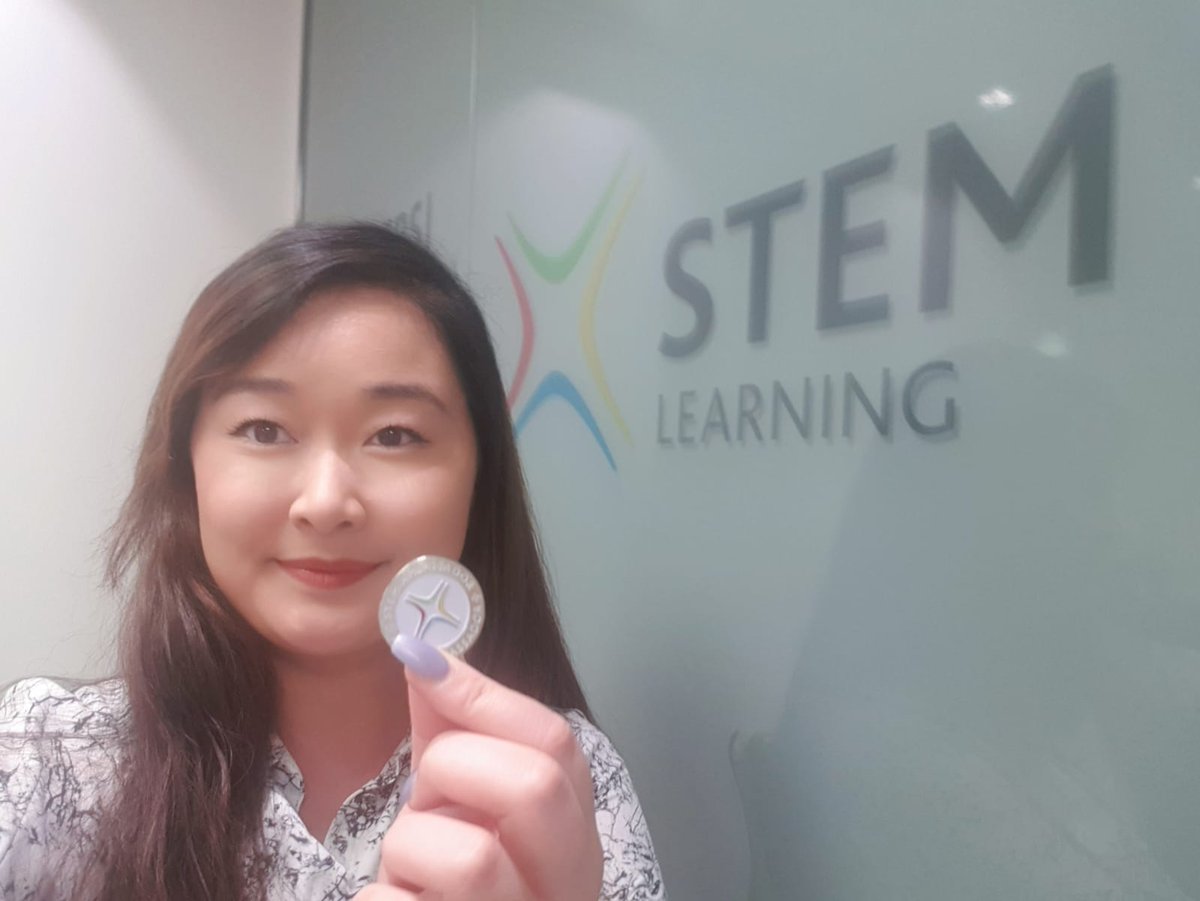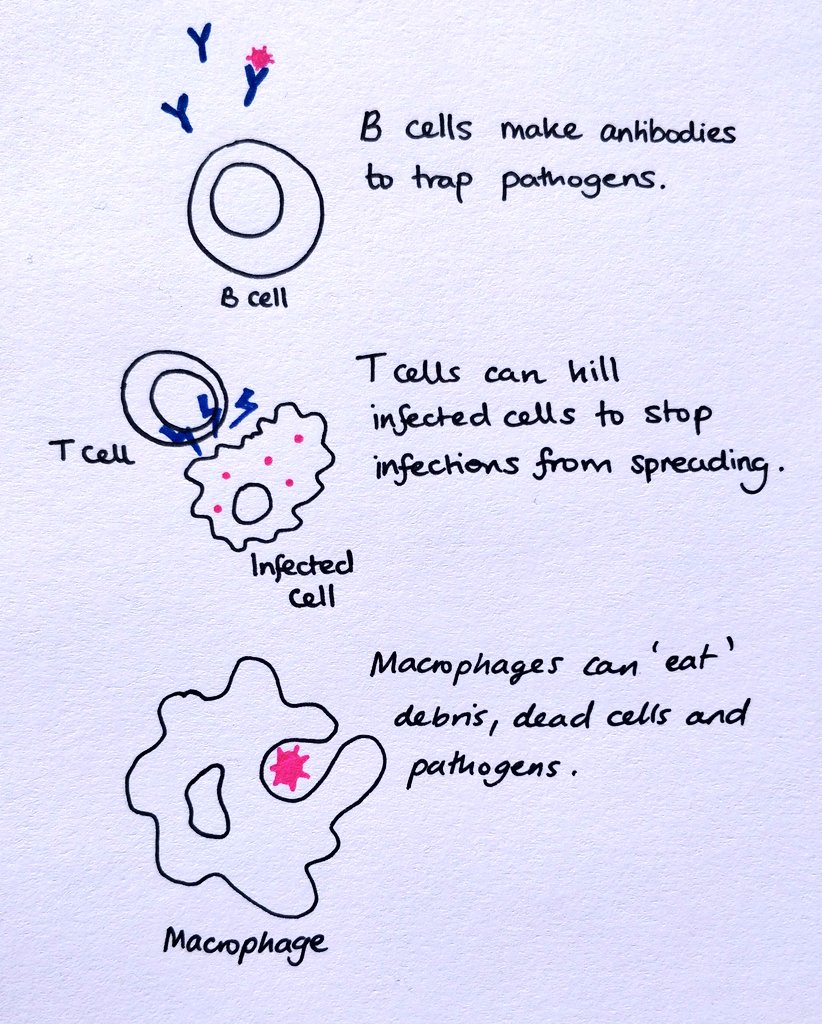
Today I thought I'd start by talking about community. One of the initiatives I have been a part of and is very dear to my heart, is the African-Caribbean Research Collective @ACRC_UK
1/10 👇🏾
1/10 👇🏾

We are a collective of Black British PhD candidates and holders across the arts, humanities, social sciences and STEM, who are of Caribbean descent.
Oh yeah and just a note, Caribbean people are not just Jamaican.
2/10👇🏾
Oh yeah and just a note, Caribbean people are not just Jamaican.
2/10👇🏾
After damning statistics highlighted by @LeadingRoutes in their Broken Pipeline Report about the underrepresentation in the awarding of @Ukri research council funded studentships, we took matters into our own hands. leadingroutes.org/mdocs-posts/th…
3/10👇🏾
3/10👇🏾
Using the power of Twitter we organised ourselves into a group, that now has over 50 members and provides a safe space and community for us to talk, address concerns and collaborate.
4/10👇🏾
4/10👇🏾
This space has been life-changing for me, especially during a time period where members of the groups have lost loved ones to COVID-19, faced a lack of support from various UK academic institutions and the general uncertainty in academia right now.
5/10👇🏾
5/10👇🏾
I must stress that this work is totally voluntary. It takes a lot to hold, keep together and uplift each other. This is 100% peer support.
6/10👇🏾
6/10👇🏾
I thought I’d show you snippets of some of the speaker discussions we have had. Firstly, here is the first Black Professor of Scotland, Emeritus Professor @SirGeoffPalmer who shared his experiences with us.
7/10👇🏾
7/10👇🏾
Secondly, we had the amazing Professor Olivette Otele, @Historian, the first Black Female Professor of History at a UK Unviersity.
8/10👇🏾
8/10👇🏾
Oh yeah and one of my favourites, as he an all-round genuinely cool person but amazing STEM academic, Professor Chris Jackson of @imperialcollege
9/10👇🏾
9/10👇🏾
I'll leave you with the question, how much harder is it to become what you can’t see? Please support our work. A website, YouTube channel with lots of content and publications are on their way but for now follow @ACRC_UK
Thank you.😊 10/10👍🏾
Thank you.😊 10/10👍🏾
@louisa_geo @NkasiStoll @JahnineDavis @KrysClicks @ZakiyaMedia @rianna_walcott @tiyi_morris @bailey_shanicen @Aleemagray @chloeslewis3 @Dannielle_KS @lsenior19 @stevechrisjohn @jerelleaj @April_LouP @IPgirll @underafelledsky @DawnKhadija @ChesterGlyn @DeTelemaque @ClionaKelly01
• • •
Missing some Tweet in this thread? You can try to
force a refresh





